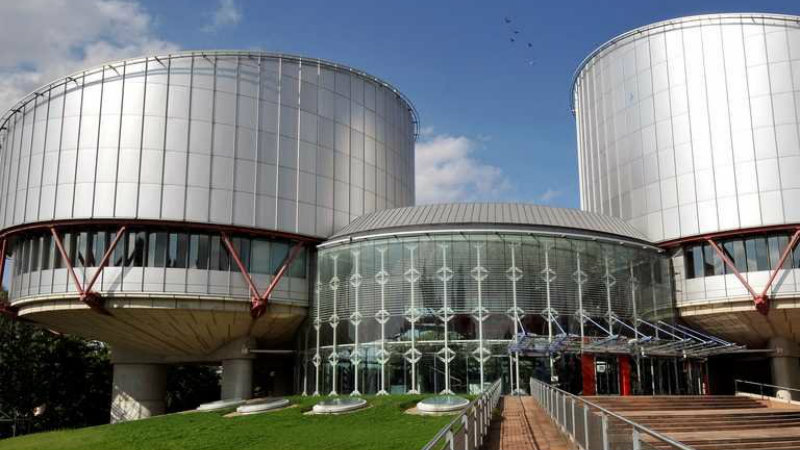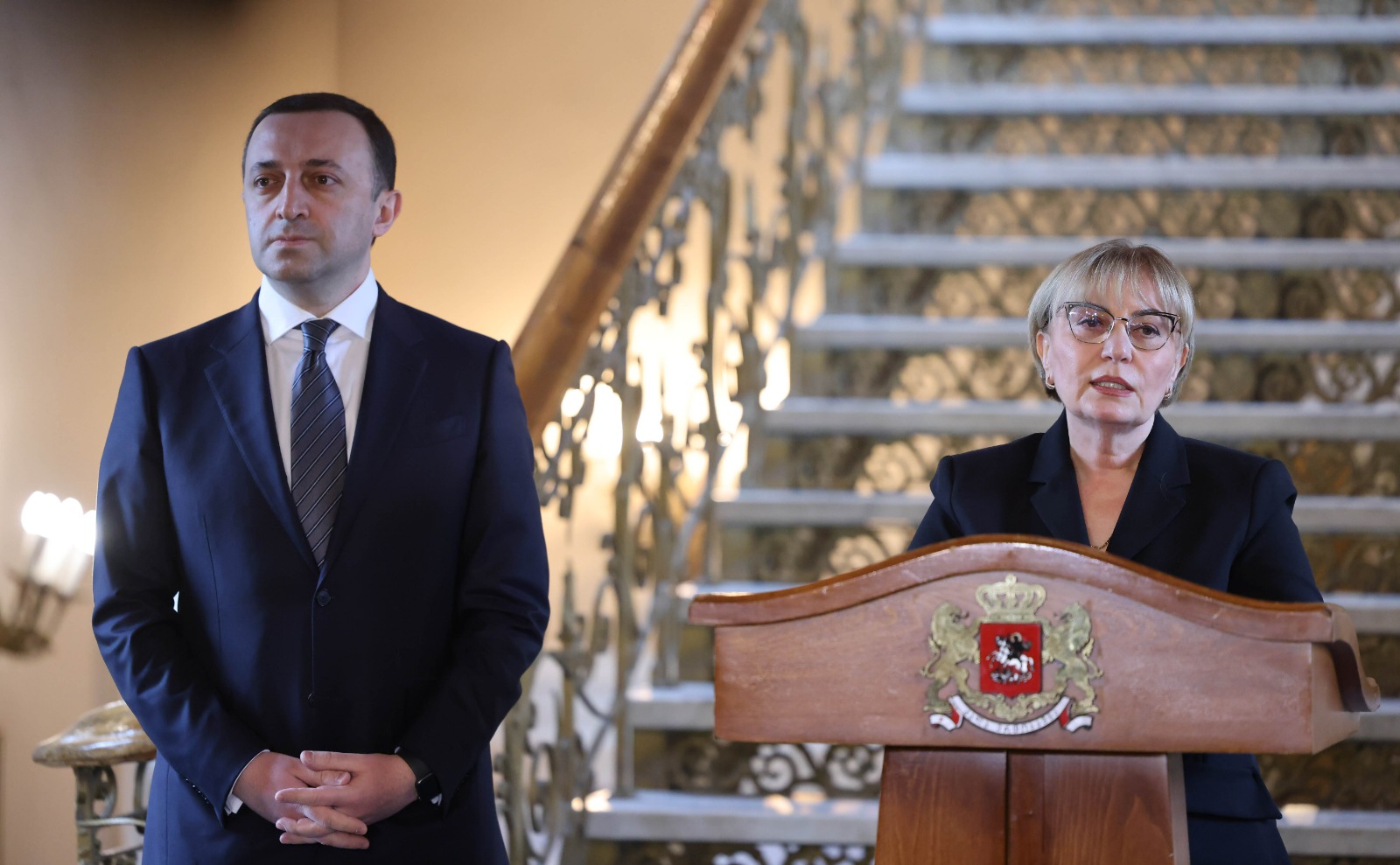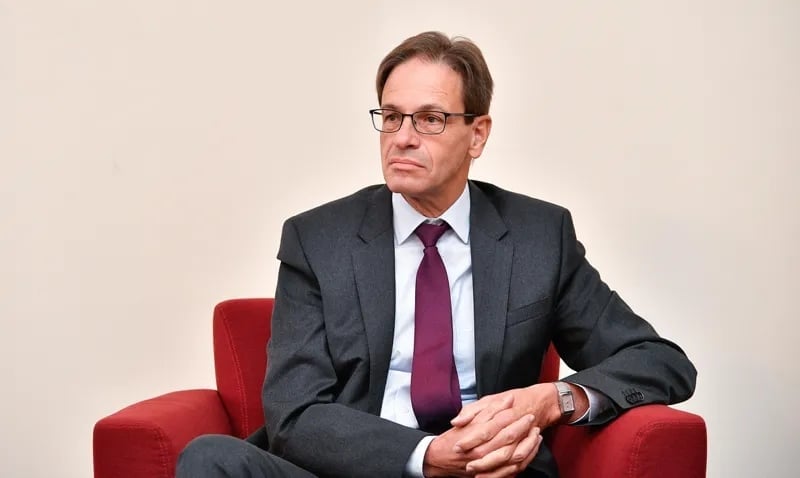law
Strasbourg Court holds that Russia is to pay more than 129 million euros in compensation to Georgia relating to August 2008 war
The European Court of Human Rights ordered Russia to pay more than 129 million euros in compensation to Georgia for violations of the European Convention on Human Rights and damages caused to citizens as a result of the August 2008 war. In today’s Grand Chamber judgment in the case of Georgia v. Russia (II), the European Court of Human Rights examined the question of just satisfaction (Article 41). The case concerned allegations by the Georgian Government of administrative practices on the part of the Russian Federation entailing various breaches of the Convention, in connection with the armed conflict between Georgia and the Russian Federation in August 2008. „In today’s Grand Chamber judgment concerning the question of just satisfaction, the Court held, unanimously: - that it had jurisdiction under Article 58 of the Convention to deal with the applicant Government’s claims for just satisfaction under Article 41 of the Convention notwithstanding the cessation of the Russian Federation’s membership of the Council of Europe, and that the respondent Government’s failure to cooperate did not present an obstacle to their examination; - that Article 41 of the Convention was applicable to the present case in respect of the victims of the administrative practice of killing of civilians in Georgian villages in South Ossetia and in the “buffer zone”, the victims of the administrative practice of torching and looting of houses in the “buffer zone”, the victims of the administrative practice of inhuman and degrading treatment and arbitrary detention of Georgian civilians held by the South Ossetian forces in the basement of the “Ministry of Internal Affairs of South Ossetia” in Tskhinvali between approximately 10 and 27 August 2008, the victims of the administrative practice of torture of Georgian prisoners of war detained by the South Ossetian forces in Tskhinvali between 8 and 17 August 2008, the victims of the administrative practice of preventing the return of Georgian nationals to their respective homes in South Ossetia and Abkhazia, and the victims of the respondent Government’s failure to comply with their procedural obligation to carry out an adequate and effective investigation into the deaths which had occurred during the active phase of the hostilities or after the cessation of hostilities; - that the respondent State was to pay the applicant Government, within three months, EUR 3,250,000 (three million two hundred and fifty thousand euros) in respect of non-pecuniary damage suffered by a group of at least 50 victims of the administrative practice of killing of civilians in Georgian villages in South Ossetia and in the “buffer zone” and of the respondent Government’s failure to comply with their procedural obligation to carry out an adequate and effective investigation into those killings; - that the respondent State was to pay the applicant Government, within three months, EUR 2,697,500 (two million six hundred and ninety-seven thousand five hundred euros) in respect of non-pecuniary damage suffered by a group of at least 166 victims of the administrative practice of inhuman and degrading treatment and arbitrary detention of Georgian civilians held by the South Ossetian forces in the basement of the “Ministry of Internal Affairs of South Ossetia” in Tskhinvali between approximately 10 and 27 August 2008; - that the respondent State was to pay the applicant Government, within three months, EUR 640,000 (six hundred and forty thousand euros) in respect of non-pecuniary damage suffered by a group of at least 16 victims of the administrative practice of torture of Georgian prisoners of war detained by the South Ossetian forces in Tskhinvali between 8 and 17 August 2008; - that the respondent State was to pay the applicant Government, within three months, EUR 115,000,000 (one hundred and fifteen million euros) in respect of non-pecuniary damage suffered by a group of at least 23,000 victims of the administrative practice of preventing the return of Georgian nationals to their respective homes in South Ossetia and Abkhazia; and - that the respondent State was to pay the applicant Government, within three months, EUR 8,240,000 (eight million two hundred and forty thousand euros) in respect of non-pecuniary damage suffered by a group of at least 412 victims of the respondent Government’s failure to comply with their procedural obligation to carry out an adequate and effective investigation into the deaths which had occurred during the active phase of the hostilities”, reads the Court’s press release. The Court also notes that the principal judgment in the present case was delivered on 21 January 2021 and since the question of the application of Article 41 of the Convention was not ready for decision, the Court reserved it and invited the applicant Government and the respondent Government to submit their observations on the matter.
Nino Kadagidze: The time has come when the Government has to intervene in a number of issues
The time has come when the Government has to intervene in a number of issues. In any case, I believe that a normative framework based on certain correct views can be developed, which we also discussed with the Prime Minister, this will in fact rule out any form of interference in the court and will minimize the influence of politics in the court, Chairperson of the Supreme Court and the Supreme Council of Justice Nino Kadagidze stated after meeting with PM Irakli Gharibashvili. According to her, everyone can make mistakes, however, she remains hopeful that the question of sanctioning judges by the relevant office or agencies will be reviewed. "It is very sad that there is an attempt to shift high political tensions in the court. Otherwise, I cannot explain the unprecedented decision made by the US Secretary of State to designate three life-tenure judges and one former judge. The judiciary has faced many challenges over the years, but I want to say loudly that there is a real, genuine and tangible achievement, which is a corruption-free judiciary. Therefore, I cannot accept any statement about the existence of corruption in the court. Despite my personal request, I was not provided with substantiated evidence, but given the assumptions and hints as to what became the basis for accusing my colleagues of corruption, I fully support them. I, as the Chairperson of the Supreme Court and the Chairperson of the Supreme Council of Justice, will be the guarantor of inviolability and freedom of each of us and our judges. Despite the 12 recommendations for the state, one of which is the judicial system, even beyond that, Georgian justice is ahead of more than one of our neighboring and friendly countries in all aspects, in all parameters. Therefore, it is tough for me that this information will not be used in the difficult and very valuable, important path for our country towards European integration. I always maintained a special attitude towards our partners and friends, I was always deliberate in my relations with them. I think that the moment has come today when I demand reciprocity from them, everyone can make a mistake, but I believe that admitting a mistake is only a trait of the strong, and therefore I have a very high hope that the relevant office or agencies will solve this issue and it will definitely be reviewed. Additionally, we considered it necessary that the time has come when the Government has to intervene in a number of issues. In any case, I believe that a normative framework based on certain correct views can be developed, which we also discussed with the Prime Minister, this will in fact rule out any form of interference in the court and will minimize the influence of politics in the court," said Nino Kadagidze.
Ambassador Hubert Knirsch: The verdict of the European Court confirms that Russia is responsible before the law for human rights abuses in the torn-away regions that occurred after the 2008 war
In an interview with Europetime, Germany's ambassador to Georgia- Hubert Knirsch commented on the European Court of Human Rights verdict. "The verdict of the European Court of Human Rights confirms that Russia is responsible before the law for human rights abuses in the torn-away regions that occurred after the 2008 war. Our political ambition must be not only to effectively include these regions in the international mechanisms for the protection of human rights but also to transform and ultimately to solve the conflicts that have cast their shadows over them for such a long time already. All participants should make full use of the Geneva International Discussions to move forward on this road",- Hubert Knirsch said.





